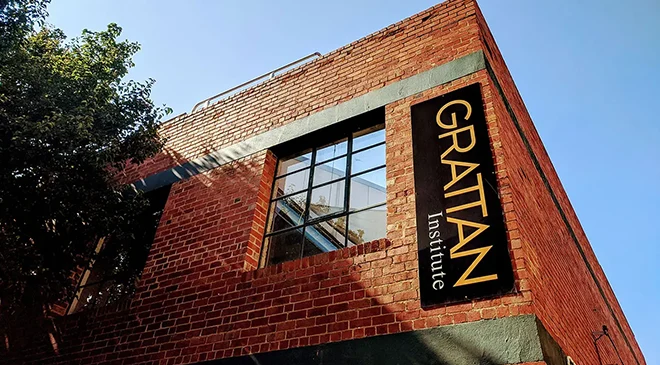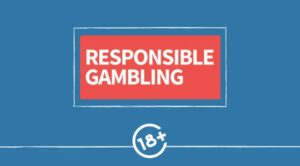 Grattan Institute, a Melbourne-based public policy think tank, has released its latest report tackling Australia’s forthcoming gambling advertising reform. In addition to a blanket advertising ban, the organization recommends introducing maximum loss limits for pokies and online betting.
Grattan Institute, a Melbourne-based public policy think tank, has released its latest report tackling Australia’s forthcoming gambling advertising reform. In addition to a blanket advertising ban, the organization recommends introducing maximum loss limits for pokies and online betting.
“Gambling is Australia’s blind spot”, researchers said, as the country was among the first to deregulate gambling. Australians are passionate gamblers, with the highest per-capita gambling losses globally, averaging $1,635 annually per adult. These statistics far exceed the figures for similar nations as the US ($809), and New Zealand ($584). In 2020-21, losses accumulated by Australians amounted to $24 billion.
Authored by Aruna Sathanapally, Kate Griffiths, and Elizabeth Baldwin, A Better Bet: How Australia Should Prevent Gambling Harm, calls for immediate measures to “stop the industry causing more harm.”
Report Recommendations
 The report recommends introducing several measures, with a complete ban on advertising and inducements at the forefront. Online betting has expanded dramatically in recent years, with a bombardment of gambling ads specifically targeting young men. “Gambling normalisation starts young, and advertising is a major culprit,” the report said.
The report recommends introducing several measures, with a complete ban on advertising and inducements at the forefront. Online betting has expanded dramatically in recent years, with a bombardment of gambling ads specifically targeting young men. “Gambling normalisation starts young, and advertising is a major culprit,” the report said.
Considering the prevalence of pokies across the country, the study authors call for cutting their numbers in each state over time. The study reports that New South Wales, for example, had 88,000 machines, “one for every 75 adults”, or “almost as many pokies as the rest of Australia combined”. Data for 2019 showed that Australia had one electronic gaming machine for every 131 people.
Additionally, games featuring gambling-like elements, such as loot boxes and social casinos, should bear a gambling warning label. Regarding online gambling and pokies, the authorities must introduce maximum loss limits per day, month, and year.
These limits would serve as a protection mechanism for the most addictive gambling products, requiring players to state in advance the amount of money they are willing to lose without impairing their financial well-being.
One of the study’s co-authors, Aruna Sathanapally, who is also the CEO of the Grattan Institute, commented on the key takeaways, highlighting that Australia’s unharnessed gambling industry imposes a heavy toll on gamblers, their families, and the broader community. She further explained that gambling products are designed to be addictive, with the consequences of excessive gambling having a catastrophic impact on one’s job, financial well-being, mental health, and family.
The study authors did not fail to address the gambling industry and its supporters who would naturally oppose the suggested reforms. However, the report “shows that their trumped-up claims don’t withstand scrutiny”, the authors said.
The report summary calls for a unified and collaborative approach by the federal and state governments, prioritising the interest of all Australians and making “gambling a safer, better bet.” In addition to robust regulation and a complete ad ban, the report recommends improving the support services to help those experiencing gambling harm.
- Author


